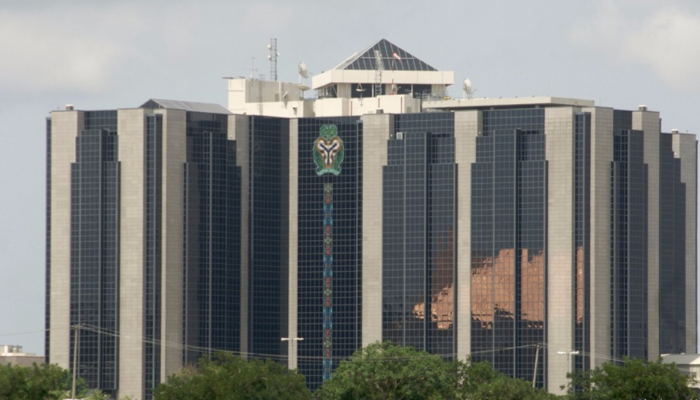The Central Bank of Nigeria (CBN) has issued a directive requiring commercial banks to comply with stricter limits on insider lending within 180 days or face sanctions.
This measure aims to address governance weaknesses and prevent excessive loans to politically connected individuals.
Insider lending, where banks extend credit to directors, major shareholders, or affiliates, has long posed governance risks in Nigeria’s financial sector.
Section 19 of the Banking and Other Financial Institutions Act (BOFIA) 2020 restricts such loans to a percentage of a bank’s total loan book. However, some banks have previously secured CBN approvals for insider-related facilities without clear compliance timelines.
The new directive closes this loophole, ensuring all insider loans adhere to regulations.
“Insider-related facilities approved by the CBN without specific timelines: Banks are required to regularise within 180 days all insider-related facilities above the limits prescribed in Section 19(5) of BOFIA 2020, which were approved by the CBN without specific timelines.
“Accordingly, all affected individual director-related facilities should be brought within the prescribed limit of 5 per cent of the bank’s paid-up capital, while the aggregate insider facilities for the bank should not exceed the 10 per cent paid-up capital limit,” the circular reads.

To enforce compliance, banks must submit periodic reports to the CBN detailing their insider lending portfolios and actions taken to align with the new requirements.
Larger banks with stronger governance structures are expected to meet the requirements more easily, while smaller banks may face difficulties due to their higher reliance on insider lending.
Some may need to restructure loans, unwind large positions, or find alternative financing solutions. Non-compliance could lead to heightened regulatory scrutiny, capital adequacy concerns, and penalties.
The directive coincides with ongoing banking reforms, including sector recapitalisation and efforts to prevent systemic risks.
The 2009 banking crisis, fuelled by unchecked insider lending, serves as a reminder of the dangers of weak governance.
Bank directors with significant ownership stakes now face tough choices—reduce their borrowing, restructure loans, or step down from board positions to comply with insider lending limits. This could lead to leadership changes in some banks.


